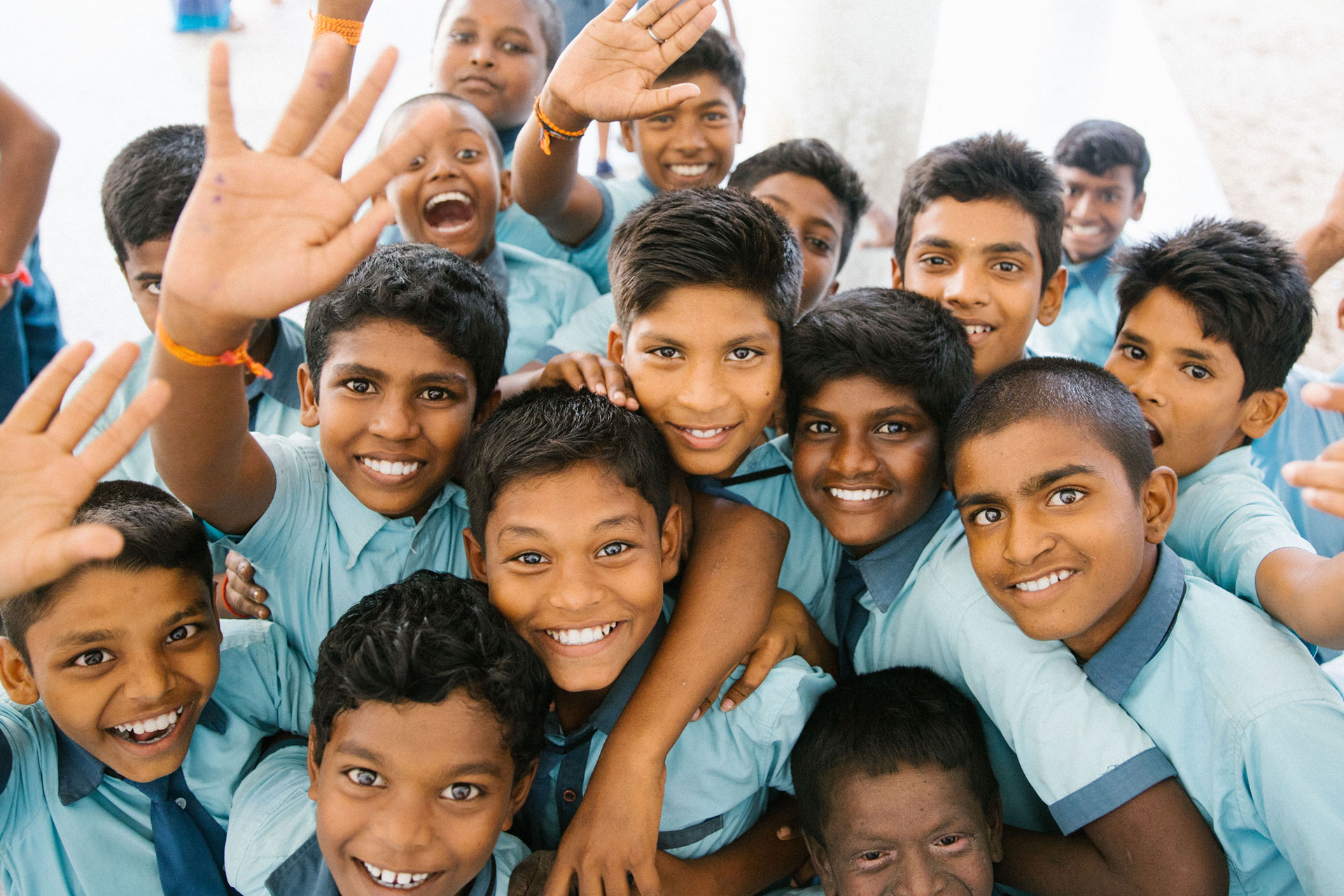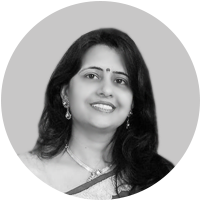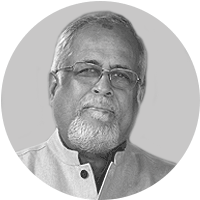
PROJECT
Life Skills in Education
The present project is an attempt to contribute towards achieving sustainable development goal 3 : Ensure healthy lives and promote well-being for all at all ages by educating people about life skills. In the present era of globalisation, liberalisation and digitalisation, a number of new social and cultural factors have emerged as stressors which affects our well-being irrespective of our age. These stressors are responsible for rise in mental health issues such as anxiety disorder, depression, eating disorders, suicidal tendencies, substance abuse, risky sex behaviour etc. Therefore, the skills to cope with these stressors have become indispensable for leading a successful and happy life. National Mental Health Policy of India – 2014, considers Life Skills Education as a measure to promote mental health of school children as well as college going youth. WHO recognises the importance of psychological competencies in the promotion of physical, mental and social well- being and advocates imparting life skill education for strengthening mental well-being.
Open Education for a Better world has provided a great opportunity to the academicians to come forward and provide courses for bringing positive changes in this world through education. Open education resources are an alternative to face to face service and thus has an advantage of reaching and benefitting maximum number of people. The present course is an attempt to educate students and teachers about the essential life skills. WHO has suggested ten life skills essential for enabling individuals to deal effectively with the demand and challenges of everyday life. The ten life skills suggested by WHO are : Decision making, problem solving, creative thinking, critical thinking, effective communication, interpersonal relationship skills, self-awareness, empathy, coping with stress and coping with emotions. I have consulted WHO documents related to life skills like WHO’s information series on school health document on Skills for Health; the document on Life skills Education for Children and Adolescents in Schools and life skills curriculum of my university (Central University of Haryana) to design curriculum of the proposed course on life skills in education.
The course content will be divided in to four units as follows:
1. Communication and Interpersonal Skills
a) Communication skills
b) Empathy building
c) Cooperation and Team building
d) Interpersonal relationship
2. Self-Management Skills
a) Self-concept
b) Self-esteem
c) Self-awareness skills and techniques for creating self- awareness: Johari window
d) Problem solving
e) Decision making
3. Coping Skills
a) Coping with emotions Meaning and types of emotions, brain and emotion, theories of emotion, strategies of coping with emotions
b) Coping with stress Meaning and sources of stress, stress and coping theories, strategies of coping with stress
4. Theories Supporting Life Skills
a) Social cognitive theory
b) Problem behaviour theory(By Jessor and Jessor)
c) Resilience theory
d) Transactional model (By Proclaska 1979)
e) Theory of reasoned action and health belief model.
The proposed project aims to build knowledge, attitude and skills of students in the field of life skills by employing relevant teaching strategies. The course plans to use lecture videos, assignments in form of quizzes for knowledge development; participation in discussion forums for building attitude and collaborative learning using collaborative learning platforms like google docs for developing skills of learners.
Author

Aarti Yadav
Dr. Aarti Yadav is an Assistant Professor in the Department of Education at Central University of Haryana, Mahendragarh. Her research interests include socio-emotional learning, student centric pedagogies and educational leadership. She teaches Educational Technology and Life Skills in Education courses to M.A. Education and M.Ed. students. She is a research supervisor for Ph.D., M.Phil. M.Ed. and M.A programmes. She has made significant contributions to the national and international discourses on organizational climate, emotional intelligence, student centric pedagogies and other psychological research domains. Besides attending numerous national and international conferences, she has widely published in reputed peer review journals. She has also coordinated a GIAN course on inclusive education and developed an E-module on emotional Intelligence for the course- Personal Emotional Development and Counselling on SWAYAM platform.
Mentor

Mohandas B. Menon
Professor Mohandas B. Menon is a Former Deputy Vice Chancellor at the Wawasan Open University, Penang, Malaysi, Chief at UNESCO-UNRWA Educational Programme in Jordan and Chairperson at the National Institute of Open Schooling, India. Presently he is Honorary Chairperson of DISHA Global Trust, Kochi-692011, INDIA. His areas of expertise include open education, digital learning, teacher education and science education.
